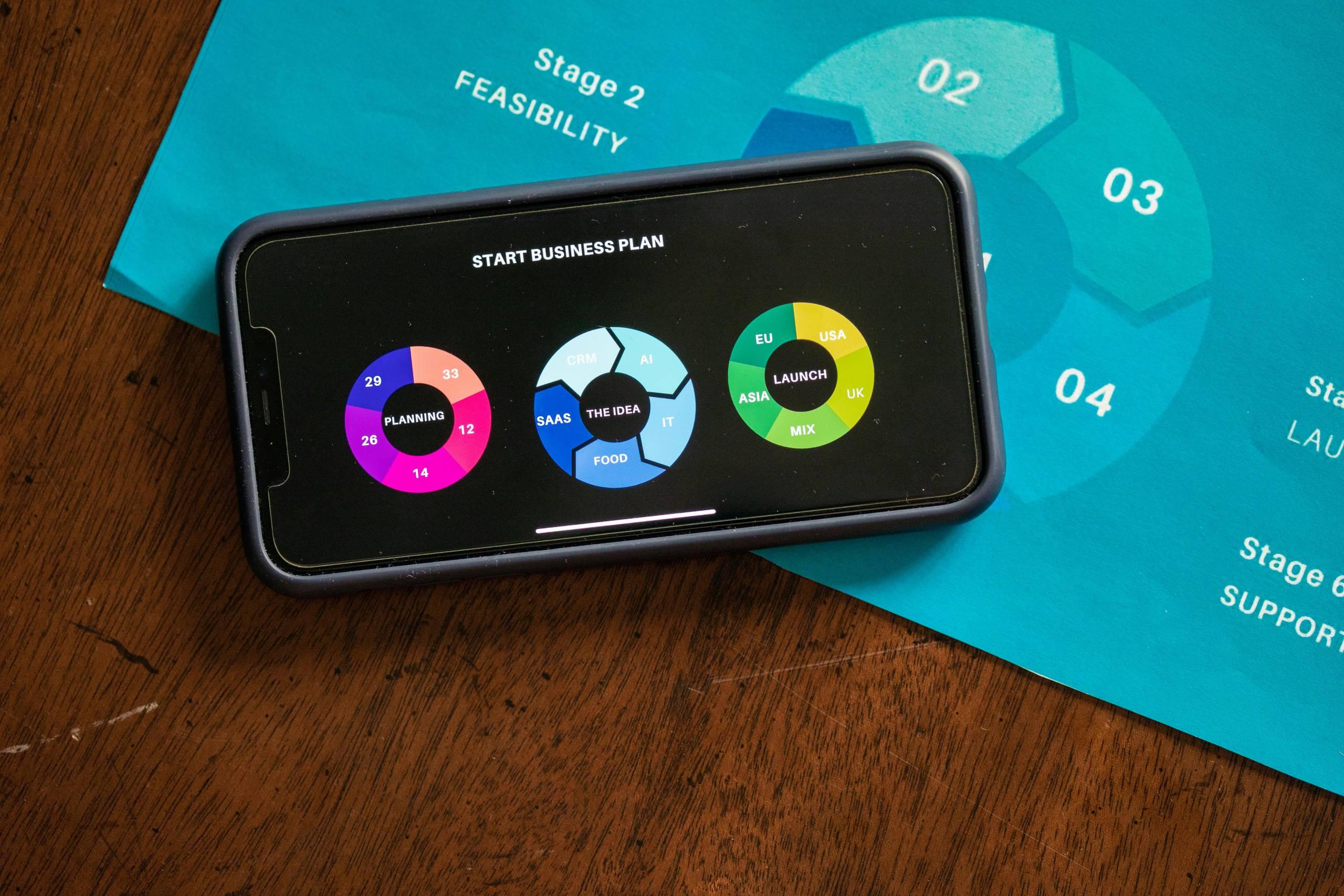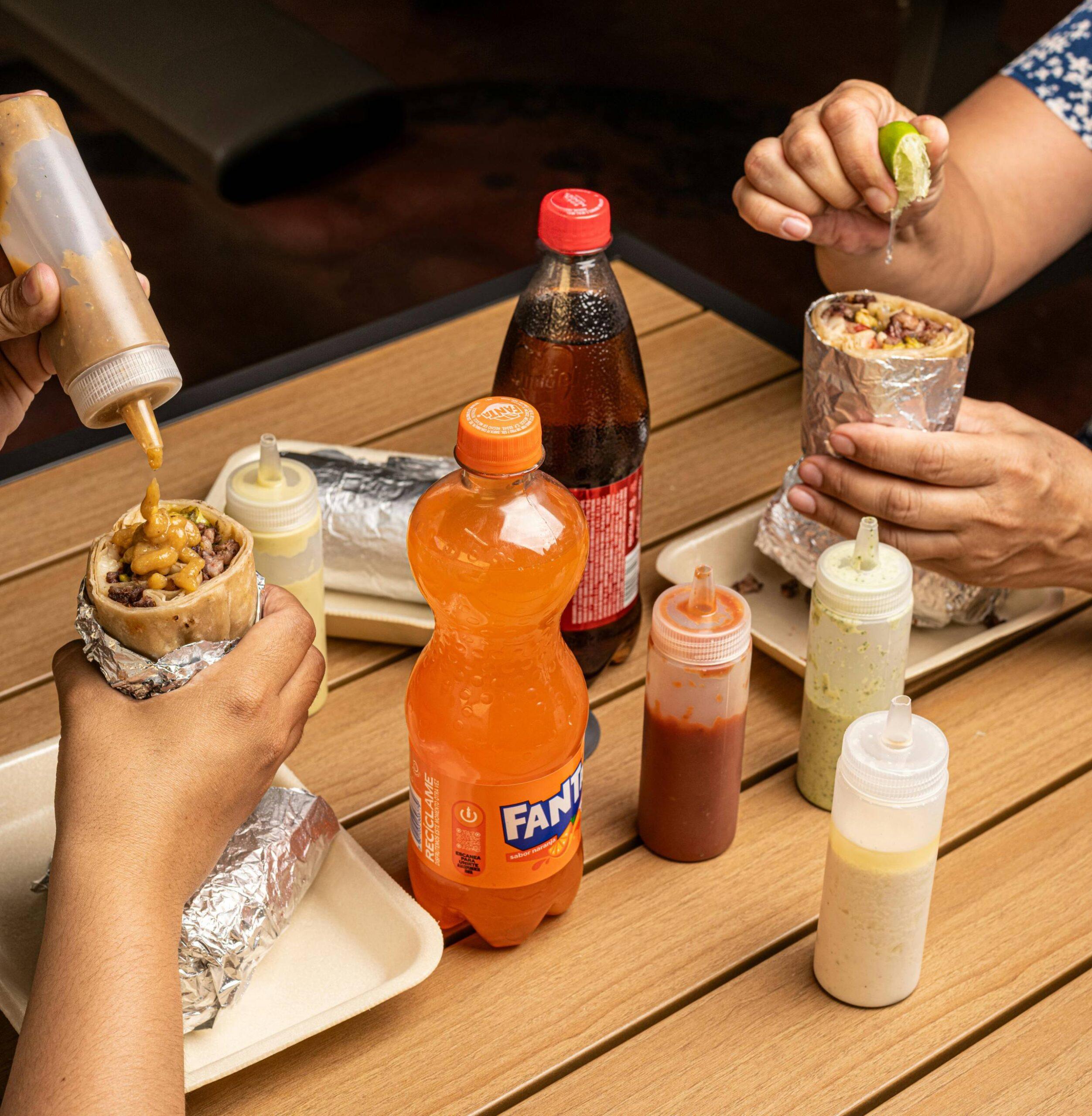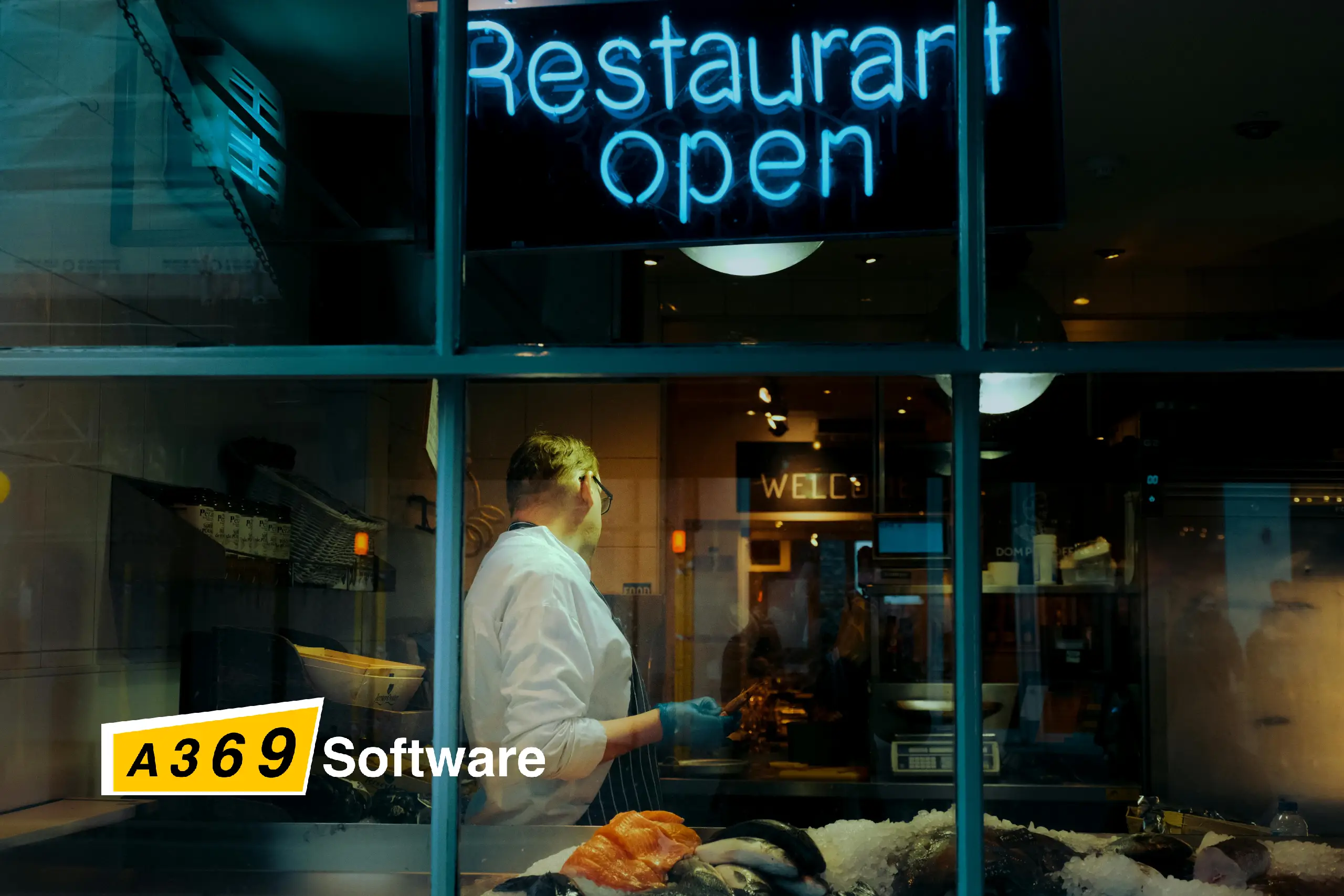Are you dreaming of owning your own restaurant but feel held back because you lack professional culinary or business experience? Don’t worry—many successful restaurateurs began exactly where you are. This comprehensive guide will teach you how to open a restaurant with no experience and help you navigate every step confidently. We will also strategically target the SEO keyword “how to start a restaurant” throughout this article to improve Google rankings and drive traffic.
1. Understand the Restaurant Industry

Before jumping into ownership, take time to understand the restaurant industry. Read books, attend seminars, and follow restaurant-related blogs and podcasts. A few key areas to research include:
- Types of restaurants: fast food, casual dining, fine dining, etc.
- Industry challenges: staffing, supply chain, health regulations
- Profit margins and financial benchmarks
- Customer service and satisfaction metrics
Tip: Learn basic restaurant terminology like POS (Point of Sale), food cost percentage, and back-of-house (BOH) vs. front-of-house (FOH).
2. Start with a Solid Business Plan

Your restaurant business plan is the foundation of your success. It outlines your vision, strategy, and operations. Even if you lack experience, a well-researched plan shows investors and partners you’re serious.
Key Components:
- Executive summary
- Concept and mission
- Market analysis
- Sample menu
- Operational plan
- Marketing plan
- Financial projections
Pro Tip: Use templates from sources like SCORE.org or LivePlan to guide your writing process.
For more details, check this official restaurant business plan template by Toast.
3. Choose a Concept That Matches Your Strengths

You don’t need to be a professional chef to open a restaurant. You can:
- Partner with a skilled chef
- Franchise an established brand
- Focus on hospitality while hiring experts for food prep
Choose a restaurant concept that aligns with your passion, whether it’s a food truck, coffee shop, or full-service restaurant.
Popular beginner-friendly concepts:
- Fast-casual or quick service
- Niche cafes (vegan, smoothie bars)
- Ethnic or fusion cuisine
- Takeout or delivery-only kitchens
4. Gain Hands-On Experience Without a Degree

You can gain experience by:
- Working in a restaurant part-time
- Volunteering at food festivals or pop-ups
- Attending workshops or local cooking classes
- Networking with restaurant owners
Alternative Learning Options:
- YouTube tutorials
- Udemy or Coursera courses on restaurant management
- Hospitality-focused books and eBooks
5. Legal Requirements and Licensing

No matter your experience level, legal compliance is essential. Each region will vary, but in general, you’ll need:
- Business license
- Food service permit
- Health inspection approval
- Liquor license (if applicable)
- Employer Identification Number (EIN)
Pro Tip: Consult your local Small Business Administration (SBA) office or a legal professional to ensure compliance.
6. Location

A great location can make up for your lack of experience. When scouting locations, consider:
- Visibility and foot traffic
- Competitor proximity
- Parking availability
- Cost and lease terms
- Target audience demographics
Use tools like Google Maps and Yelp to analyze competing restaurants in the area.
7. Build a Strong Team

You don’t need to do it alone. Surround yourself with experienced professionals:
- Chef or kitchen manager
- Restaurant consultant (optional)
- Accountant/bookkeeper
- Waitstaff and front-of-house staff
- Marketing and social media specialist
Hiring experienced team members helps compensate for your own learning curve.
8. Develop a Standout Menu

A well-designed menu sets the tone for your brand. You can:
- Hire a freelance chef to develop the initial menu
- Keep it small and focused (quality over quantity)
- Use seasonal and local ingredients
Menu Engineering Tip: Highlight profitable and popular dishes, and use psychology (like strategic pricing) to drive orders.
9. Funding Your Restaurant

Starting a restaurant without experience is possible, even on a budget. Common funding options include:
- Personal savings
- Bank loans or SBA loans
- Friends and family
- Crowdfunding (e.g., Kickstarter)
- Angel investors
Prepare a professional pitch and business plan before approaching lenders.
10. Invest in Restaurant Technology
Modern restaurants depend on reliable tech to operate smoothly. Must-have tools:
- POS systems (Square, Toast, Lightspeed)
- Online ordering and reservations
- Inventory management software
- Payroll and accounting tools
- Marketing automation (email and SMS)
11. Create a Marketing Plan

Even the best restaurant will fail without customers. Create a marketing strategy that includes:
- Social media (Instagram, TikTok, Facebook)
- Google Business Profile (free and powerful)
- Local SEO optimization (keywords like “how to start a restaurant in [City]”)
- Influencer partnerships and local food bloggers
- Flyers, press releases, and grand opening events
Content Tip: Document your restaurant journey online—it builds interest and trust.
12. Focus on Customer Experience
Customer experience is key to retention and word-of-mouth marketing. Even without restaurant experience, you can:
- Greet guests warmly
- Train staff for exceptional service
- Ask for feedback and respond positively
- Monitor online reviews and reply promptly
13. Learn and Adapt Quickly

You’ll make mistakes—but so does every new business owner. What matters is how you respond.
- Track your sales and costs weekly
- Watch customer trends
- Be open to change
- Join restaurant forums and networking groups
Success in the restaurant world is as much about perseverance as it is about skill.
14. Frequently Asked Questions (FAQ)
Q: Can I open a restaurant without cooking experience?
A: Yes. You can hire chefs or partner with a kitchen manager. Focus on business and guest experience.
Q: How much money do I need to start a restaurant?
A: It depends. Food trucks may need $20,000–$50,000, while full-service restaurants can cost $100,000+.
Q: Should I open a franchise instead?
A: Franchises offer support but require upfront fees. They’re ideal if you lack experience and want a proven model.
Q: How do I stand out in a competitive market?
A: Offer unique value—creative menus, themed experiences, or exceptional service.
Conclusion: You Can Start a Restaurant with No Experience
Opening a restaurant is challenging—but not impossible—even for beginners. By doing your research, hiring the right team, and staying adaptable, you can turn your vision into a thriving business.
If you’re ready to take the next step, download our free restaurant business plan template and join our community of future restaurant owners.
👉 Thinking of Starting a Restaurant? Here’s Your Complete Step-by-Step Guide for 2025
In addition, if you’re wondering about the general process, this essential guide on how to open a restaurant will help you understand all the basic steps involved — no matter the type of restaurant you have in mind.
For those who want to begin with a smaller setup, we’ve also prepared a dedicated article on how to start a small restaurant. It focuses on budget-friendly strategies and practical steps to get your dream off the ground.
Looking for more inspiration? Take a look at this real-world example of launching a small eatery successfully to learn from others who’ve done it before.
Finally, don’t forget to bookmark our restaurant startup checklist — a free tool to help you stay organized from day one.

